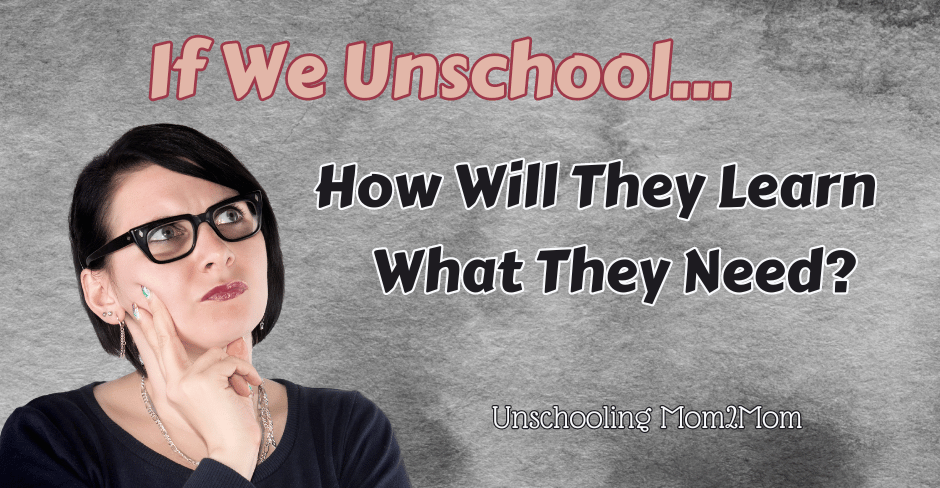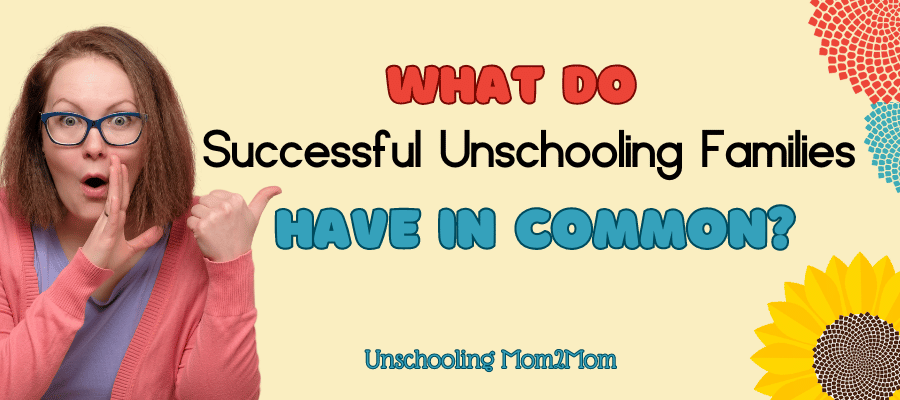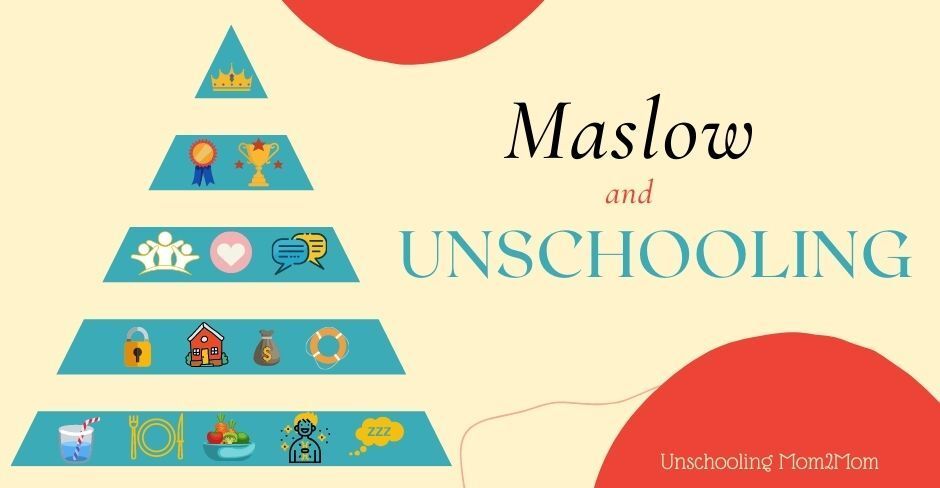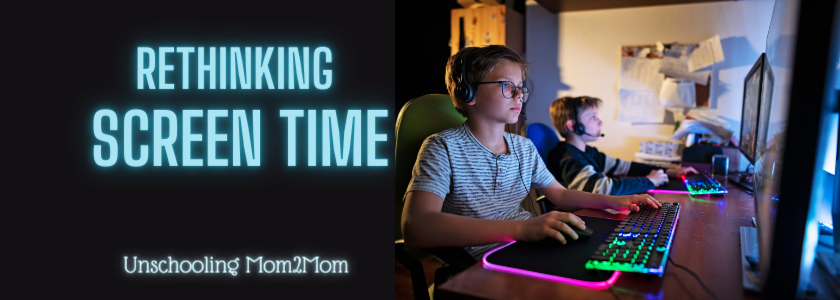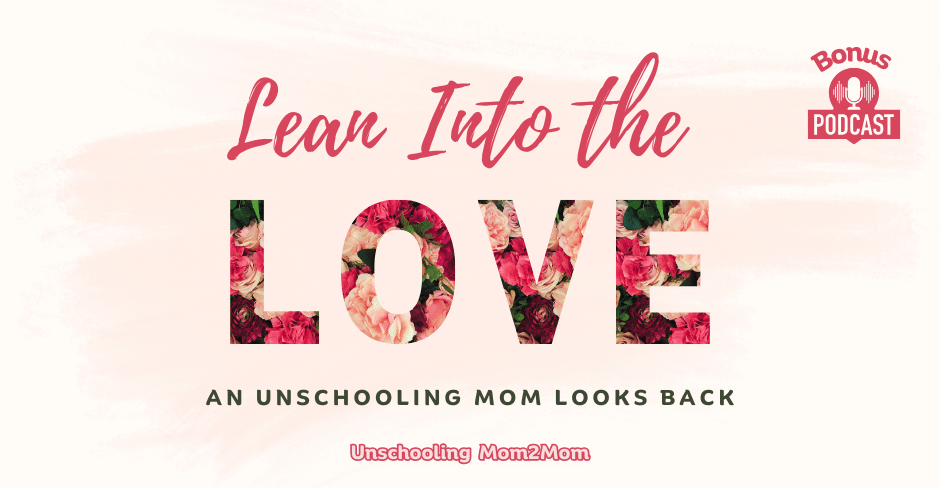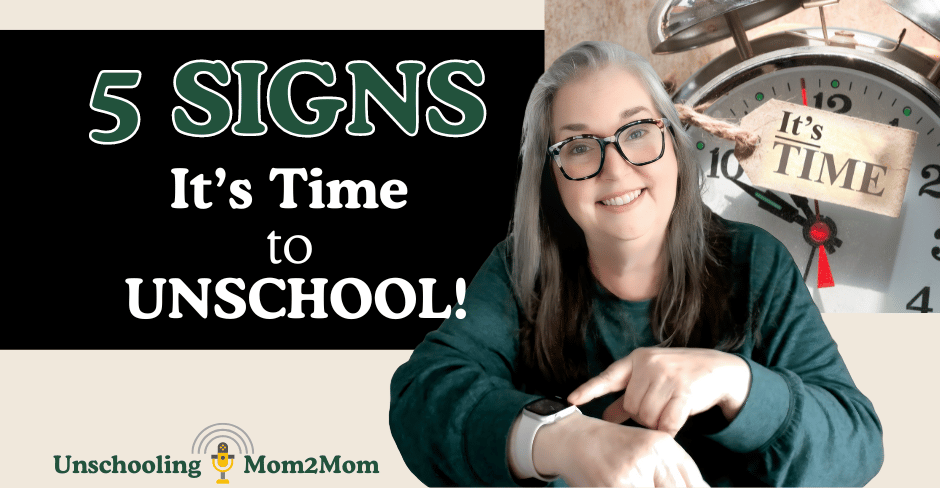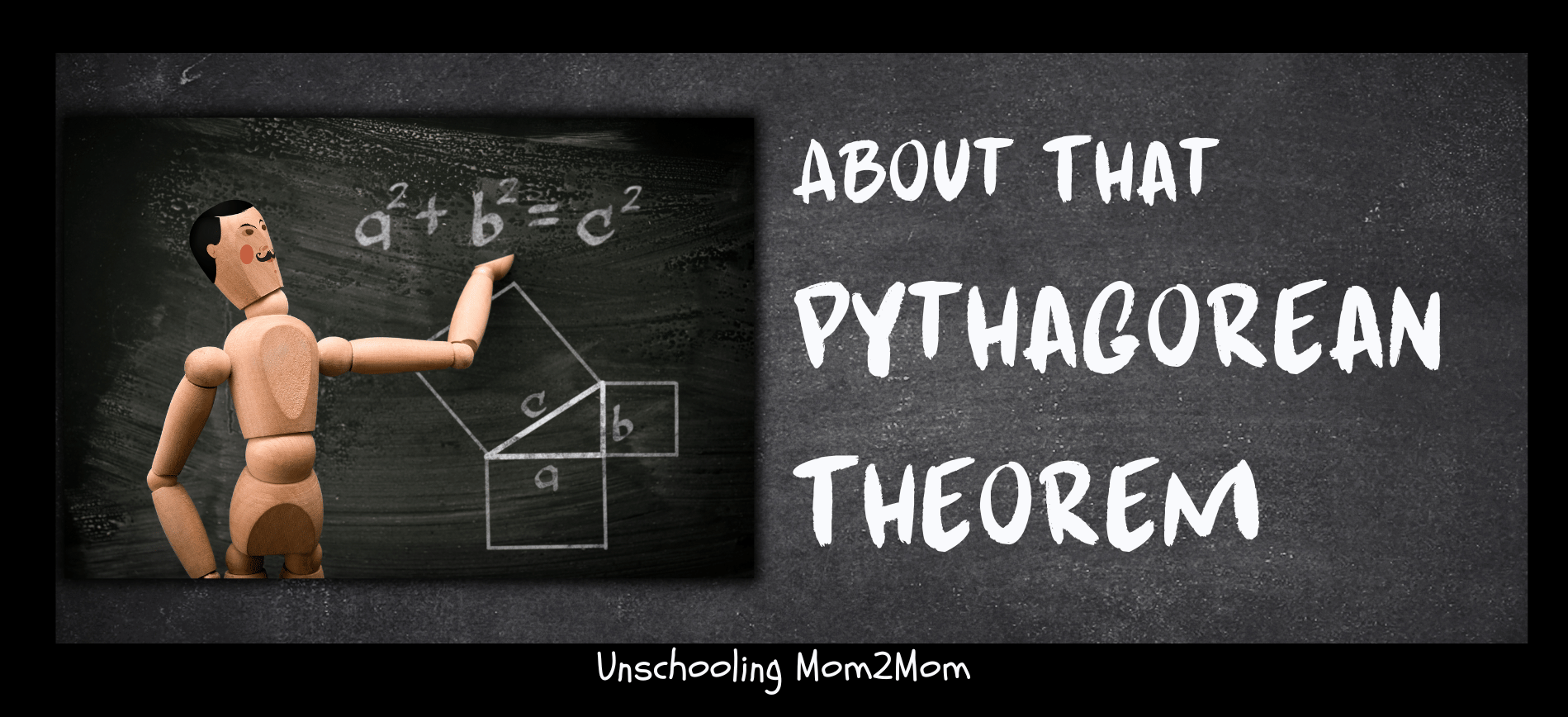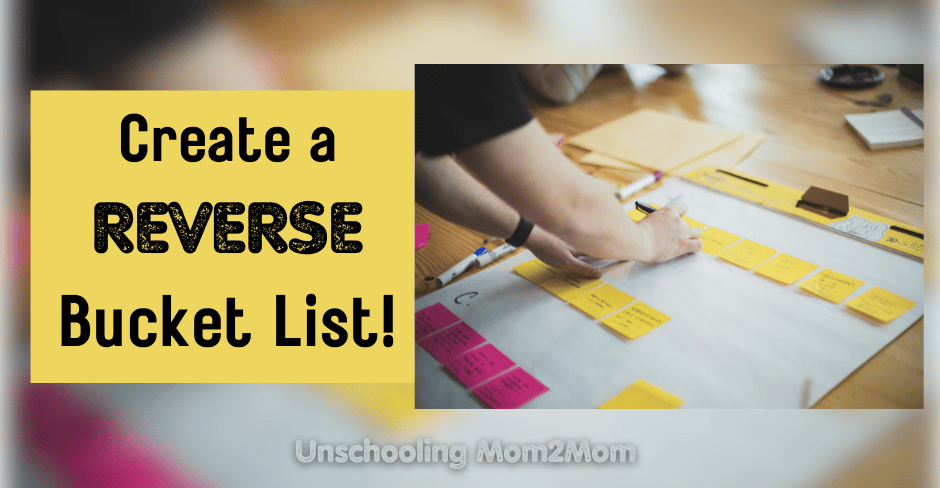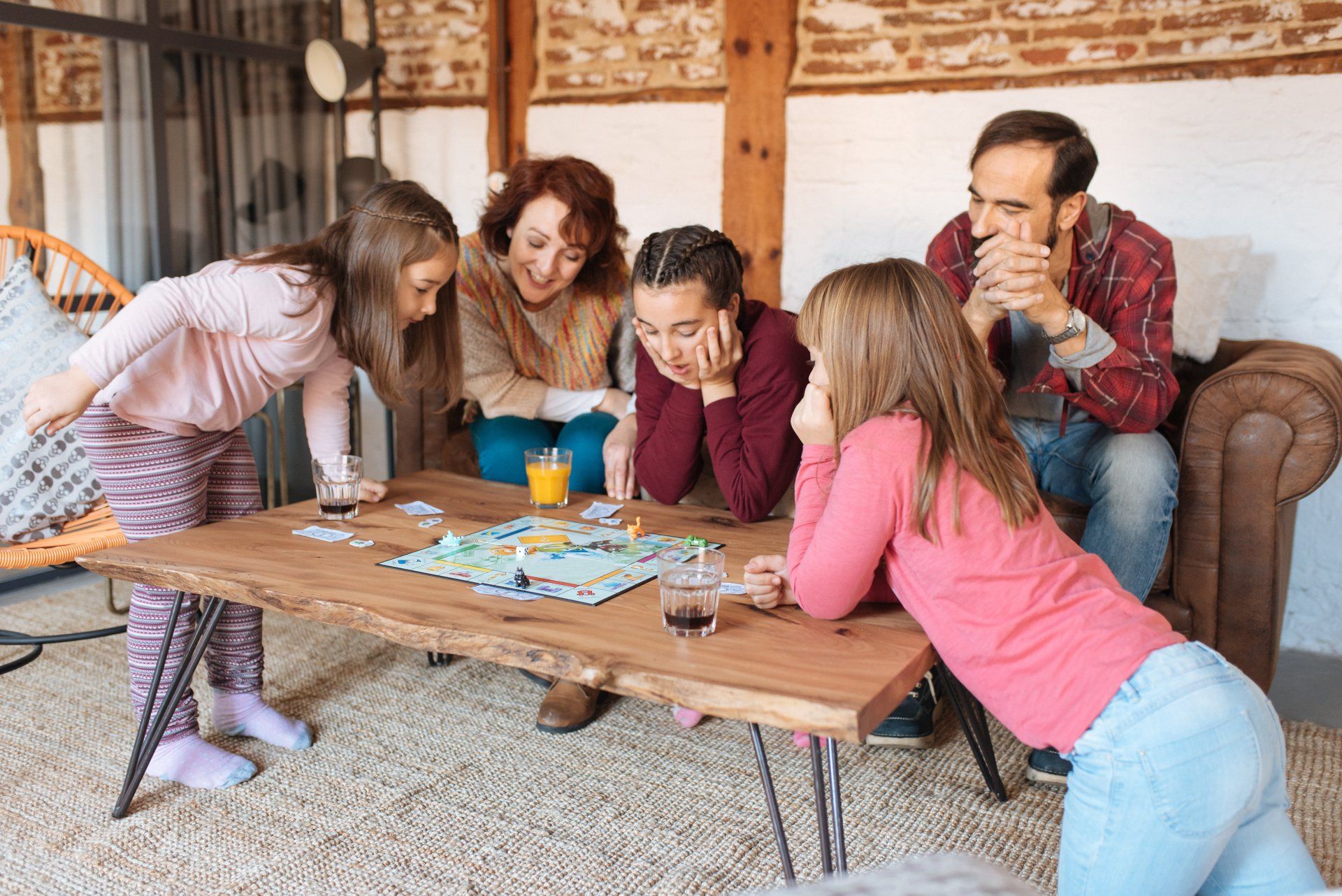Maslow and Unschooling
Maslow's hierarchy of needs is something that many of us have heard about. It's a common starting place for any psychological studies. Unschooling families can use it to understand a little more about what's going on within their own homes.
Maslow (1943) initially stated that individuals must satisfy lower level deficit needs before progressing on to meet higher level growth needs. However, he later clarified that satisfaction of a needs is not an “all-or-none” phenomenon, admitting that his earlier statements may have given “the false impression that a need must be satisfied 100 percent before the next need emerges” (1987, p. 69).
So when we, as unschooling parents keep this in mind, we can see that those basic needs at the pyramid base usually have to happen before we or the kids can move up.
Lowest Level: Biological and Physiological needs
These are the basics. The physical needs of the body need to be met: air, food, drink, shelter, warmth, sleep. This also explain how we can end up not functioning at our best when these needs aren't met!
2nd Level Up: Safety needs
When we feel unsafe, we get stuck in this level and can't be expected to move up the pyramid to the areas that seem to define a more joyful life for each of us. Safety may include safe from the elements, security, order, law, stability, freedom from fear. It may include financial safety (which would be more of our parental concern than our child's) and emotional safety (which concerns all of us.)
A few ideas of where this might apply in an unschooling context as they're physical and psychological in nature:
- Safe from ridicule.
- Safe enough to know that mistakes are something that happens to everyone - and how we learn where to step next (and where not to!)
- A safe enough home environment to explore the unknown, look at our curiosities and see where they take us.
- Freedom from fear.
Once we have these, we can move into:
3rd Level Up - Love and Belonging
This is the area where unschooling can really shine! It doesn't cost anything - other than maybe time to reframe our thoughts and become less driven by fear. But we're able to demonstrate to our kids every day that we mean it when we say they're "unconditionally loved." Our love isn't contingent on how well they learn or even how they behave. We recognize that they're a work in progress! So unschooling parents don't withhold love, simply because our child is making a few missteps or having trouble navigating through this phase of their life. (Remember how I said we may have to do some reframing!?)
The idea of "belonging" often starts with feeling they "belong" in the family. And as they get older, their circle expands. They may belong to friendship circles, or teams, or hobby-related groups. Some of us enjoy larger groups, while others are happy with just a couple of people. That's really individualized with no "right" or "wrong." But feeling a sense of belonging is another piece of this puzzle.
4th Level Up: Esteem Needs
These include achievement, mastery, independence, status, prestige, self-respect, respect from others. So there are really two components within this - our own self-esteem and esteem derived from others. We want to help the kids develop their own self-esteem so it's not overly dependent upon external approval.
Top of the Pyramid: Self-Actualization
This is where people realize their personal potential and achieve self-fulfillment. They are often seeking personal growth and peak experiences.

Maslow expanded his pyramid in 1970 to a 7-stage model. Later in his career, referred to the bottom stages in his pyramid as Deficiency-Needs whereas the top stages were Growth-Needs.
Once the "Deficiency" Needs were met, he added in a couple more:
Cognitive Needs
This stage refers to the individual's innate desire to learn more! Gathering knowledge, exploring curiosity, enjoying challenges lands in this stage. So does looking for meaning and the ability to predict what's to come.
Aesthetic Needs
Operating in this stage of needs, one focuses on creating an environment that is beautiful and pleasing. It's about finding the beauty in nature as well as being able to refresh oneself through nature or creativity.
Lastly, in 1990, Maslow added a level to the top of his Hierarchy of Needs Pyramid:
Transcendence Needs
Often referred to as a spiritual need, it also include integrity as we relate to others. While the need below this one is still Self-Actualization, the emphasis on this need is to help others achieve self-actualization and find more meaning in their lives.

Just FYI
An interesting twist to Maslow's pyramid is that further research showed that sometimes you could move up the pyramid without fully accomplishing the "lower" level stages. Humans adapt to circumstances and make accommodations so they can move up the pyramid and find more enjoyment in life.
Still, it's helpful for parents to see some of the research that might explain reasons preventing a child (or an adult) from being able to rest into the joy of learning. That's one of our roles as unschooling parents - to create an unschooling environment where children can thrive!
